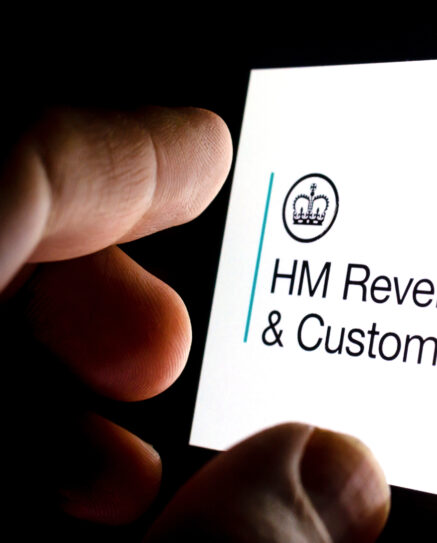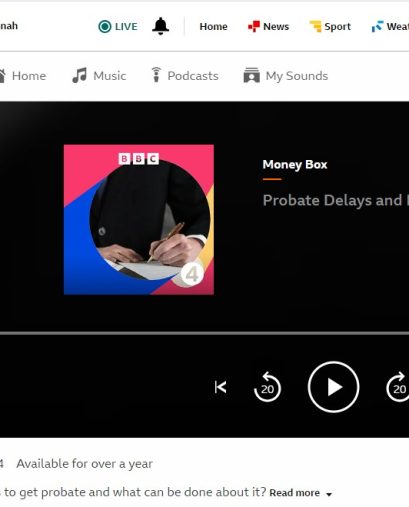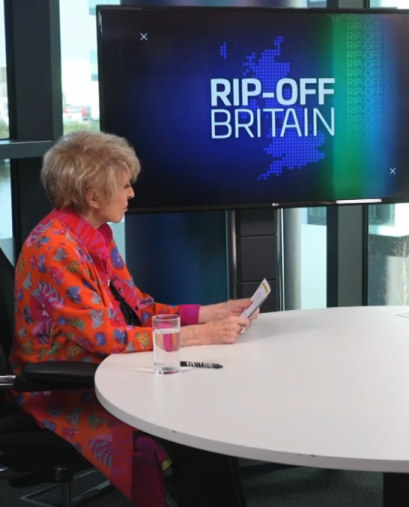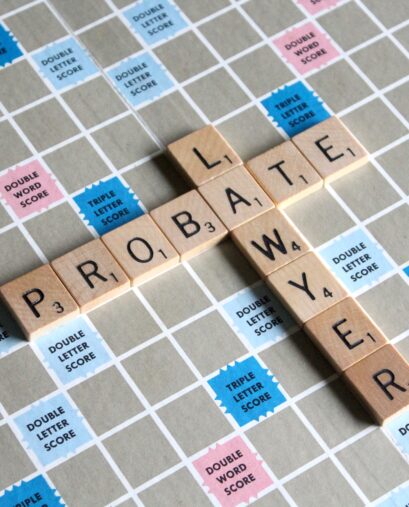DOTAS Reforms: What Umbrella Companies Must Do Now to Stay Compliant

The UK government is tightening its grip on tax avoidance in labour supply chains.
Proposed reforms to the Disclosure of Tax Avoidance Schemes (DOTAS) regime mean tougher obligations — and greater risks — for umbrella companies and those operating contingent workforce models.
In simple terms, DOTAS requires certain tax arrangements to be reported to HMRC. The latest proposals go much further: introducing a strict liability criminal offence for failures to disclose, enhanced information powers for HMRC, and sharper focus on the “enablers” of avoidance.
For umbrella companies, the message is clear: compliance is no longer optional, and even administrative oversights could bring criminal consequences.
Alex Peebles, Partner and Head of the Tax Disputes practice at Jurit LLP, sets out what these changes mean and how companies should prepare.
Key developments at a glance
New strict liability criminal offence
One of the most significant changes is the proposed introduction of a strict liability criminal offence for promoters and facilitators of tax avoidance schemes who fail to meet their obligations under DOTAS.
- What this means: Failure to disclose a notifiable arrangement or to provide an accurate Scheme Reference Number (SRN) could now lead to criminal penalties—without the need for HMRC to prove intent.
- This marks a significant departure from previous enforcement approaches, signalling a zero-tolerance stance on non-compliance.
Focus on ‘enablers’ of avoidance
The proposed measures are part of a broader strategy to target those who enable, promote or fail to report tax avoidance schemes—particularly within the umbrella company space.
- This includes schemes involving disguised remuneration, offshore working arrangements, and non-compliant salary sacrifice structures.
- The reforms aim to ensure that umbrella models are not exploited to disguise income or evade tax obligations.
Enhanced information powers for HMRC
HMRC is also set to receive greater powers to collect and share data, supporting efforts to detect and track tax avoidance schemes more effectively.
- This may involve new reporting requirements, expanded third-party data collection powers, and collaboration with other government agencies.
What does this mean for umbrella companies?
These proposals highlight the growing compliance burden on umbrella companies, as the government continues to close down avenues for avoidance and increase scrutiny over supply chains.
Companies operating in this space should:
- Review current pay models and contractual arrangements to ensure full alignment with HMRC guidance.
- Assess internal compliance procedures around DOTAS, particularly where there is any involvement in the design, promotion or facilitation of remuneration schemes.
- Stay informed on the progress of these proposals as they move through consultation and potential implementation phases.
These proposals underline the growing compliance burden for umbrella companies.
Pay models, contractual structures, and internal reporting processes must all be reviewed to ensure full alignment with HMRC’s evolving expectations. Waiting until reforms take effect could leave you exposed to serious financial penalties — or even criminal liability.
Jurit’s contentious tax team can help you assess whether any of your arrangements need to be registered under DOTAS, and guide you through proactive compliance.
Our lawyers have significant experience representing businesses in both civil and criminal investigations, as well as in Tax Tribunals and the High Court.
If you are unsure whether your arrangements fall within DOTAS, act now. Contact Jurit today — early action can make the difference between quietly resolving issues and facing an HMRC investigation.
If you have any questions, please contact
Alex Peebles Partner - Tax Disputes +44 (0) 20 7846 2370 alex.peebles@jurit.comPlease note this paper is intended to provide general information and knowledge about legal developments and topics which may be of interest to readers. It is not a comprehensive analysis of law nor does it provide specific legal advice. Advice on the specific circumstances of a matter should be sought.












